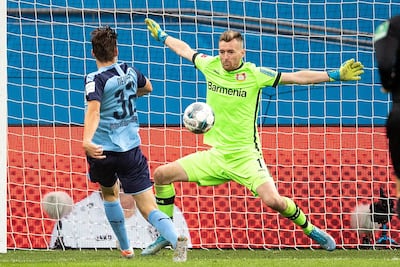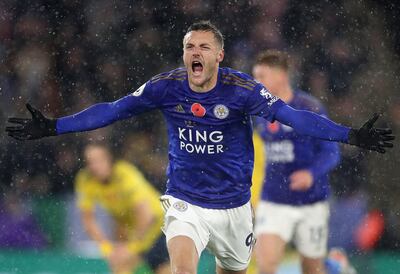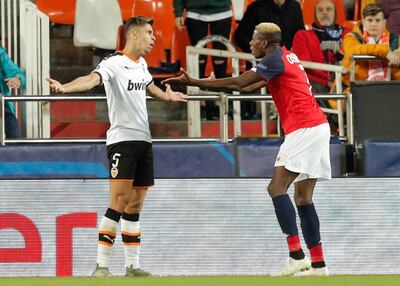The sun will set in Helsinki well before 4pm on Friday, November nights in the far north of Europe being long and cold. Come 9pm, though, much light, laughter and joy is anticipated. Finland are on the brink of a place at their first major tournament – the European Championship.
All that is required of the Finns is a win against Liechtenstein, the minnows’ minnows, to secure second position in the Group J led by Italy.
Even were they to somehow slip up, they will be through if Bosnia-Herzegovina do not beat the Italians and Armenia drop points against Greece. And there’s a match to spare. And, beyond that, a guaranteed place in the play-offs if needed.
The only regret is that such an array of entry-points are all crowded into this single set of qualifiers. More talented Finland squads in the past would have cherished just one of those routes to a Euro.
The consensus is that this Finland do not have individuals to compare with, say, Jari Litmanen, the Ajax and Barcelona playmaker of the 1990s and 2000s, nor as authoritative a defender as Sami Hyypia was in the same period, notably for Liverpool. But their assortment of journeymen, players scattered around clubs from Canada to Cyprus, are well drilled, backed up by a fine goalkeeper, Lukas Hradecky, of Bayer Leverkusen, at one end of the pitch and spearheaded by an effective striker, Teemu Pukki, of Norwich City, at the other.
Pukki’s club form of August and September – six goals in his first five Premier League outings – may have deserted him lately, but he has been the Finn with the finest finish in this campaign, with seven goals. Hradecky’s five clean sheets have been equally valuable.

Koeman’s quandary
Another Dutch get-together, another round of questions for manager Ronald Koeman about the prospects of his next job being in charge of Barcelona, where he won a European Cup as a player. It has become a standard ritual, and not one Koeman seems to mind.
“It’s a possibility,” he admitted ahead of the final round of Group C qualifiers, fully aware his leadership of the Netherlands' renaissance has made him a compelling candidate should Ernesto Valverde leave the Catalan club next summer.
On Saturday in Belfast, the Dutch can secure their spot in the finals with a point against Northern Ireland. For most Holland squads in the past, qualifying for 24-team tournament would scarcely count as anything more than routine. But before Koeman, who won the European championship as a player in 1988, took over, the Dutch were in crisis. They reached neither Euro 2016 nor the 2018 World Cup.
Koeman will not commit to Holland beyond the Euros, although he has good reason to suppose this Dutch revival should be long-term.
The under-17 team have just matched their best run at a World Cup for that age group in reaching Thursday's semi-final, a promising sign for whoever manages the seniors over the next decade.
Absent assassins
According to Uefa’s coefficient rankings, Spain’s La Liga and England’s Premier League are the strongest domestic competitions in Europe. Alas, then, that in Uefa’s principal international showpiece, the hotshot strikers from each have no part to play.
One is Karim Benzema, whose nine Liga goals for Real Madrid put him top of the charts in Spain this season.
Benzema made the last of his 81 international appearances for France in 2015, and as long as Didier Deschamps, with whom he has fallen out terminally, is in charge of the world champions, he is very unlikely to add to them.
The other is Jamie Vardy, 11 Premier League goals for a vibrant Leicester City but effectively retired from England duty since the Russia World Cup.
Vardy, 32, did not rule out a return, but detected young players had become a priority for manager Gareth Southgate, and that less travel with England would enhance his club performances. On that, the current evidence speaks for itself.
Samba with a snarl
How many Brazilians will play at Euro 2020? A good handful, with Jorginho a mainstay for his adopted country, Italy, and Russia regularly fielding a pair of naturalised sons of South America.
Now, Gabriel Paulista, the Valencia and former Arsenal defender, has announced his imminent Spanish citizenship and that he would prefer the opportunity, if offered, of playing for Spain at the Euros rather than answer any call-up from his native country.
Which raises the intriguing prospect of spiky training sessions, should Gabriel and Brazil-born Diego Costa, who has 24 Spain caps, be picked together. They were combatants in a notorious 2015 brawl, playing for Arsenal and Chelsea.




